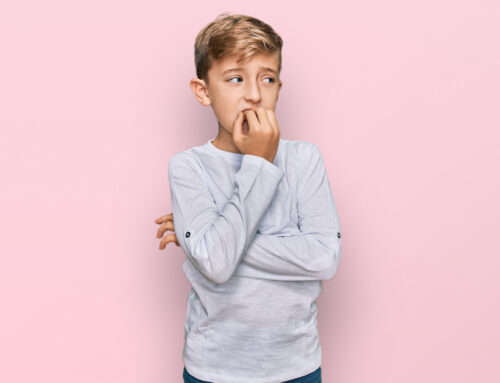When a parent is diagnosed with cancer, talking about it with a child can feel like an overwhelming and frightening task. Often, and understandably, parents are more concerned about the impact the illness and treatment will have on their children than on themselves.
Children are astute observers of their environment and will sense that something is wrong even if no one speaks with them about it directly. Secrets can cause anxiety and make children imagine an even worse scenario than reality. While it is never an easy discussion, keeping in mind a few essential points can help to make the initial conversation (and subsequent ones) as productive and helpful as possible so that a child can optimally cope with the future unknowns.
In general, it is best to give accurate and complete information, but only as much as a child can process and understand. For younger children, the focus is typically on keeping life as consistent as possible, while also preparing them for the inevitable changes. They will not need much elaboration, but more likely will benefit from reassurance that 1) no one did anything to cause the cancer, and 2) they cannot catch it. If chemotherapy or radiation is indicated, it is important to explain the changes they may see in their parent, and that these are caused by the medicine, not the cancer. Older children require, and can handle, more information. If you are unsure of the answer to a question, it is always okay to tell them, “I don’t know.” Older children may also hear about cancer from peers or maybe even television, so it’s important to keep an open and ongoing dialogue. Make it clear to children of all ages that they can always ask questions.
Mental health professionals can also be helpful in providing guidance for how to talk with your child, and how you can best support them, and yourself, going forward.
More information can be found at http://www.cancercare.org





